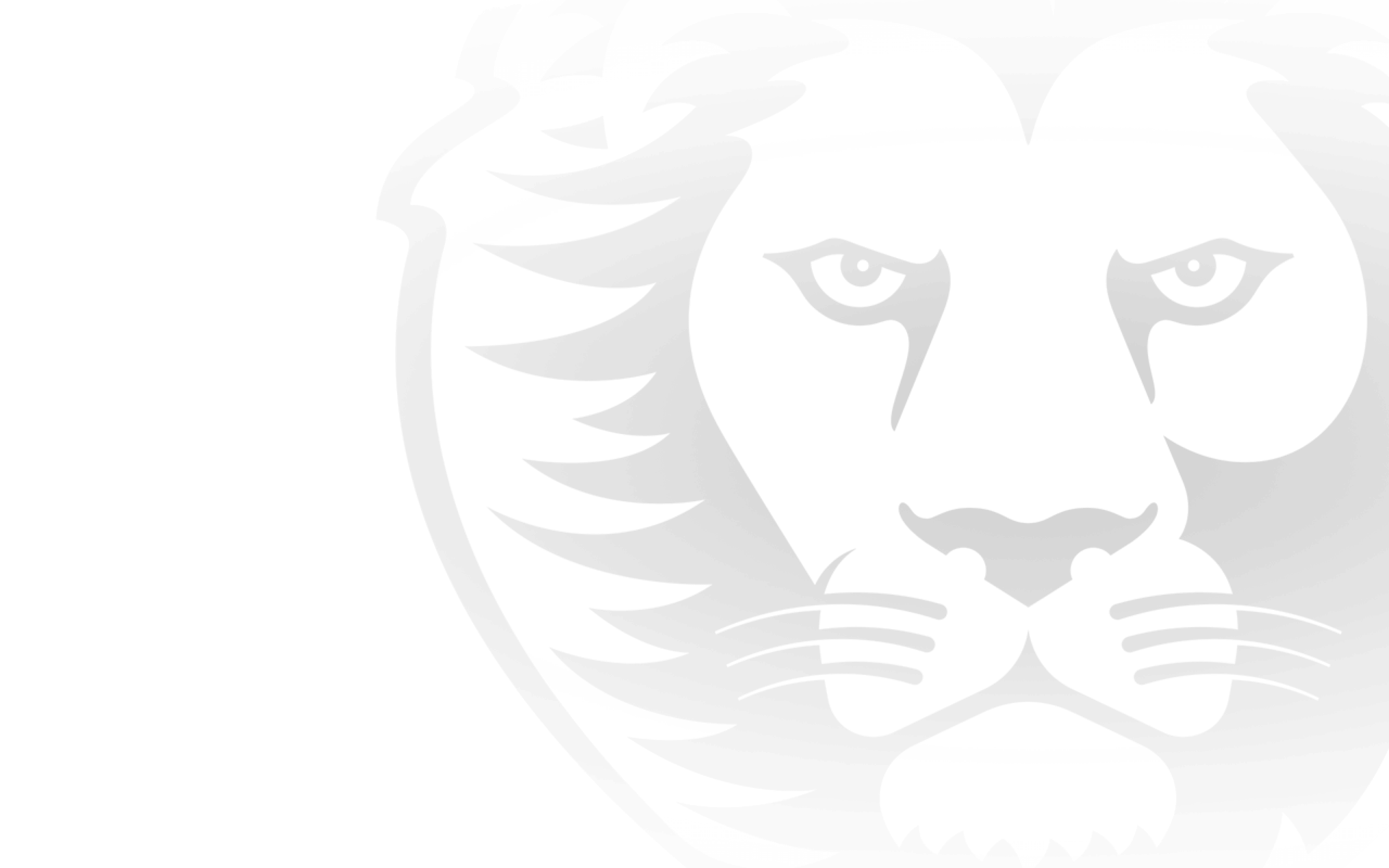The AFL today announced the 12 people from across the wider football industry who have been asked to join the new Competition Committee.
The Committee, which was detailed last month to club Presidents, CEOs and captains, will guide discussion around decision-making for the AFL Commission and AFL Executive on key aspects of the future direction of the AFL Competition.
AFL General Manager Football Operations Steve Hocking said more than 40 nominations for inclusion had been received, with the AFL seeking to find a balance of representation across players, coaches, club administrators and game officials.
He said the initial representatives would be:
Club Presidents - Colin Carter (Geelong Cats FC), Eddie McGuire(Collingwood FC), Peggy O’Neal (Richmond FC).
Club CEOs - Andrew Fagan (Adelaide Crows FC), Andrew Ireland (Sydney Swans FC), Justin Reeves (Hawthorn FC).
Club Coaches - Chris Fagan (Brisbane Lions FC), Brad Scott (North Melbourne FC).
Club Football Managers - Chris Davies (Port Adelaide FC), Craig Vozzo (West Coast FC).
Current AFL-listed Players – Patrick Dangerfield (AFLPA President), Steven May (Gold Coast Suns FC Club Captain).
Steve Hocking will chair the group, with the AFL to be represented by current Commissioner and former West Coast and Sydney Swans premiership player Jason Ball, Kylie Rogers, General Manager AFL Commercial Operations and Nicole Livingstone, AFLW Head of Football.
Josh Vanderloo, Head of Competitions & Player Movement and Patrick Clifton, Game Analysis Manager will join meetings as required. Brett Murphy (AFL Players Association General Manager Player Relations) will represent the AFL Players Association on the committee.
“The AFL sought to balance representation across all parts of the competition, as well as the many different senior roles within our game – players / coaches / administrators / senior volunteer officials,” Mr Hocking said.
“Representatives will stay on the committee for a maximum of three years and we envisage all clubs getting the opportunity to be represented at some point in the future, to complement the views of players, umpires and coaches.
“There are many people across the industry who can make a strong contribution and this initial group, coupled with those who will then join the committee in time, is to primarily focus on how we advance our game whilst protecting its heritage,” he said.
To re-state the charter for the group as it was detailed to the 18 Club Presidents, CEOs, Coaches and captains when they were briefed in Melbourne around the season launch, the primary purpose will be to ensure that the many different streams of work across the entire AFL business were working in concert to ensure the overall progress of the game, both on-field and commercially, covering areas such as Laws of the Game / Player Movement / Competition Structure / Feeder and Second Tier Leagues / Innovation.
Under this new structure, the working model will be that key projects would be presented to the Competition Committee, who would then provide their endorsement to the AFL Commission. The AFL Commission will retain final decision-making authority.



